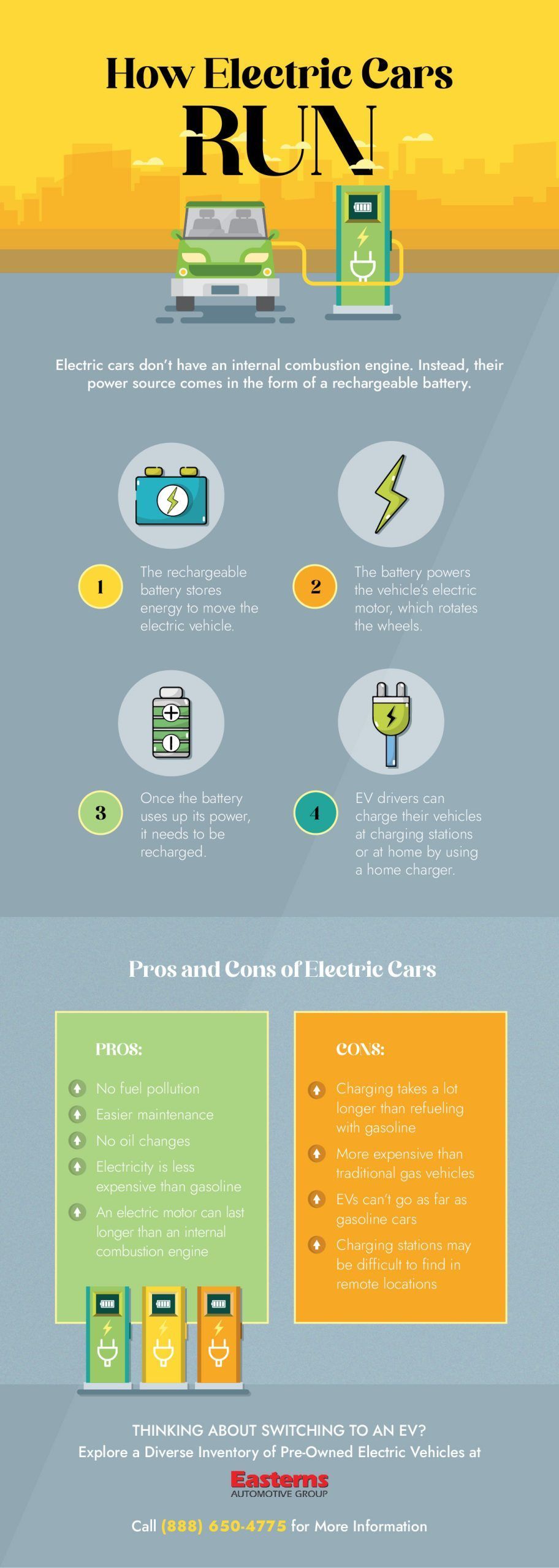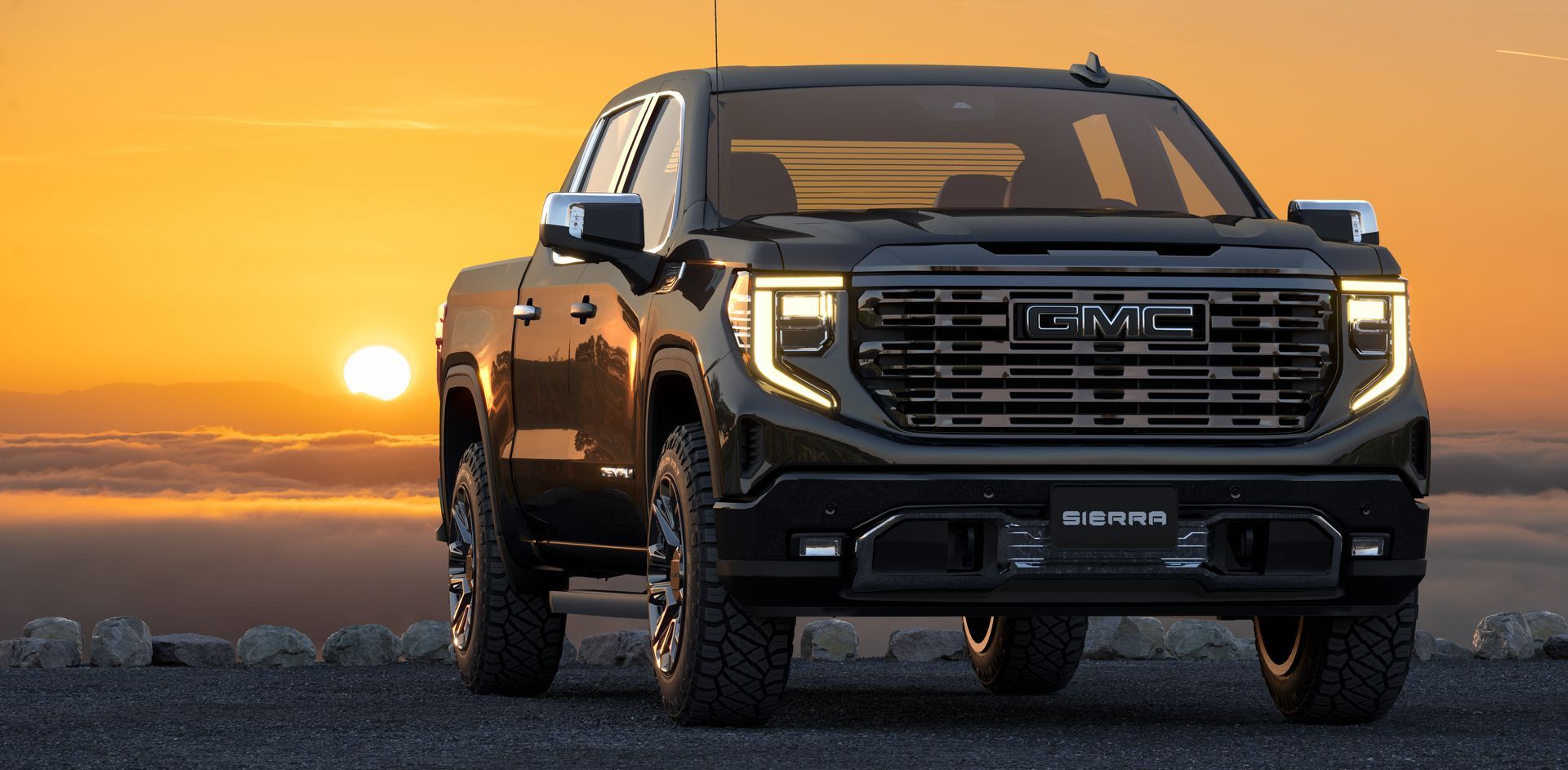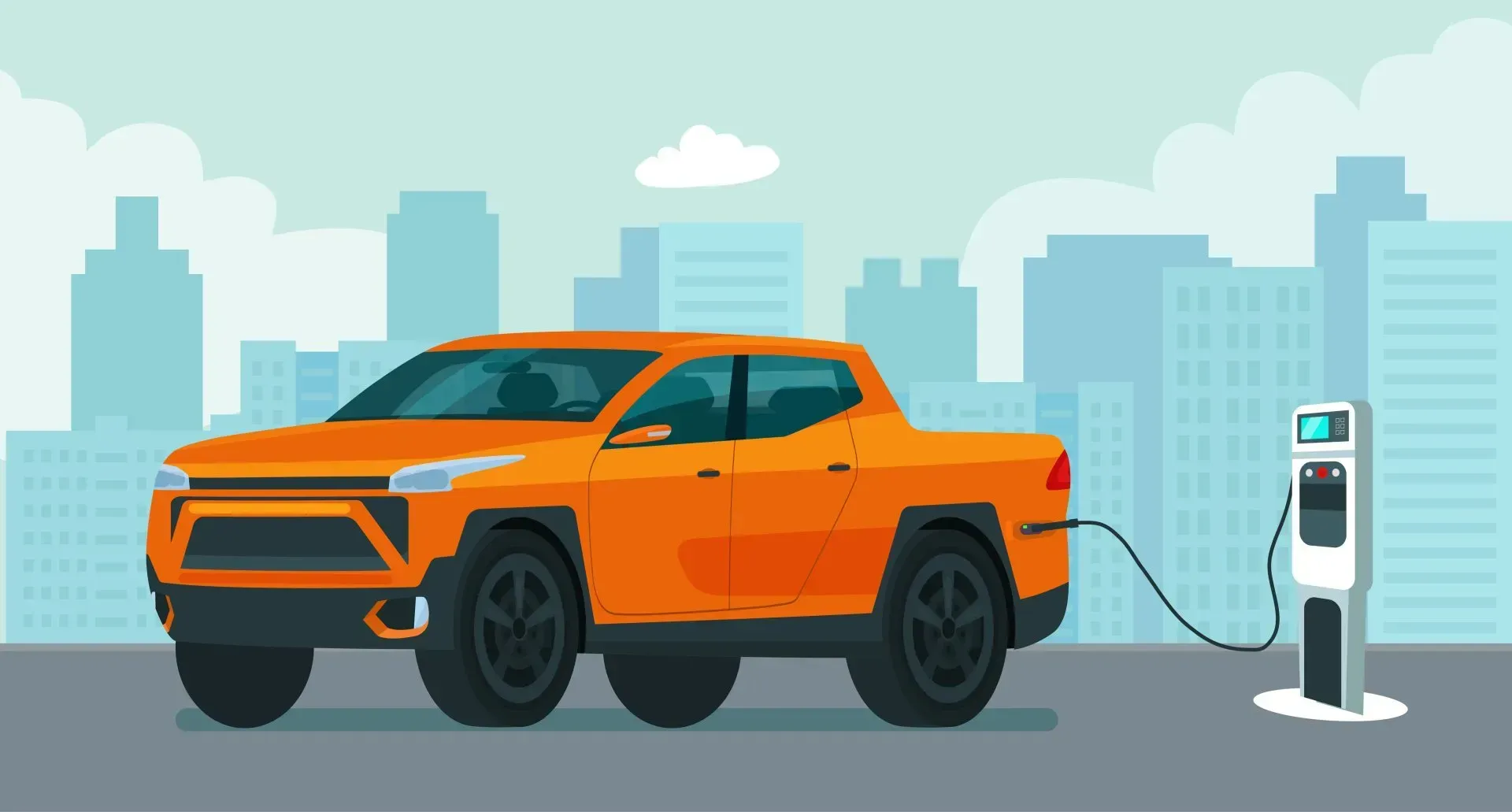Do Electric Cars Need Oil to Run?
Electric cars, also known as electric vehicles or EVs, do not need oil to run. Owning an electric vehicle means you’ll never have to worry about scheduling oil changes the way you would for a traditional gasoline car with an internal combustion engine.
However, this doesn’t mean your electric car won’t need any maintenance at all. Are you thinking about buying an electric vehicle? Make sure you know the maintenance needs and costs that come along with owning one before you make your purchase.
Why Is Oil Not Required in Electric Cars?
A typical gasoline car relies on an internal combustion engine to run. The engine’s job is to convert gasoline and air into motion via pistons and a crankshaft, which is how you’re able to drive your car. A combustion engine is a complex machine and consists of intricate pieces. For these pieces to glide smoothly, the engine must be lubricated with oil. Regular oil changes ensure your car’s engine remains in good condition.
Since electric cars don’t use gas, they don’t need internal combustion engines to run. Electric cars rely on an electric motor and rechargeable batteries to move, which frees you from the necessity of regular oil changes.
How Does an Electric Car Work?
An electric car is powered by an electric motor which converts electrical currents into motion via a central rotor and a rotating magnetic field. Your EV uses energy stored in its rechargeable battery to power the motor.
People typically charge their EV batteries at public charging stations or at home by plugging a charging unit into a wall socket. EVs are quiet to drive and move along streets, roads and freeways without producing environmentally harmful emissions.
What Kind of Maintenance Does an Electric Car Require?
While EVs don’t need oil changes, there are several parts that will need regular maintenance.
Coolant - Your electric car’s battery produces heat while generating power. This means your vehicle needs a coolant to protect it from overheating. Make sure to keep the coolant levels for your battery consistently high to prevent overheating.
Cabin Air Filter - While your EV doesn’t produce gas emissions, you’ll still need to replace the cabin air filter to keep the air inside your car clean. Ideally, your cabin air filter should be replaced every 15,000 to 30,000 miles.
Battery System Replacement - Your electric car’s battery system has limited efficiency, which means you may need to replace it with a brand-new battery pack at some point in your EV’s lifetime.
Luckily, EV batteries are estimated to last between 10 to 20 years, giving you the option to get another vehicle before the current battery system no longer holds an adequate charge.
Other Fluids - Apart from battery coolant, your electric vehicle needs brake fluid and windshield washer fluid. Your mechanic can check your brake fluid during routine maintenance and let you know if it needs to be replaced. Typically, brake fluid in an electric vehicle should be replaced every two years or 30,000 miles, whichever comes first.
You should refill your windshield fluid every few months. Topping it off regularly will keep you from running out when your windshield is dirty or covered in ice.
Maintenance That’s Not Required
Your electric vehicle doesn’t have the following items; thus, you’ll never have to worry about replacing or fixing them:
- Spark plugs
- Air filter
- Fuel filter
- Muffler
- Catalytic converter
- PCV valves
- Exhaust gas recirculation system (EGR)
Explore Pre-Owned Electric and Hybrid Vehicles at Easterns Automotive in DC, Maryland and Virginia
If you’re looking to purchase an electric or hybrid car, but a brand-new vehicle is outside your price range, Easterns Automotive can help.
We have an attractive inventory of used EV and hybrid vehicles to meet your needs. Each car we sell undergoes a rigorous inspection to ensure safety and quality.
Prefer a traditional gasoline car? Check out our full pre-owned inventory featuring hundreds of amazing cars, trucks, vans and SUVs.
Find your perfect pre-owned car by calling (888) 650-4775 or visiting one of our dealership locations.




Get Your Next Fuel-Efficient Vehicle!
Are you in the market for a fuel-efficient car, truck or SUV? Do you want to join the millions of Americans who have gone electric? If you’re one of the many car shoppers on the lookout for fuel efficient cars, EVs and hybrids, we are here to help.

All Rights Reserved | Eastern's Automotive Group
Privacy Policy | Powered by REV77 Digital Marketing
